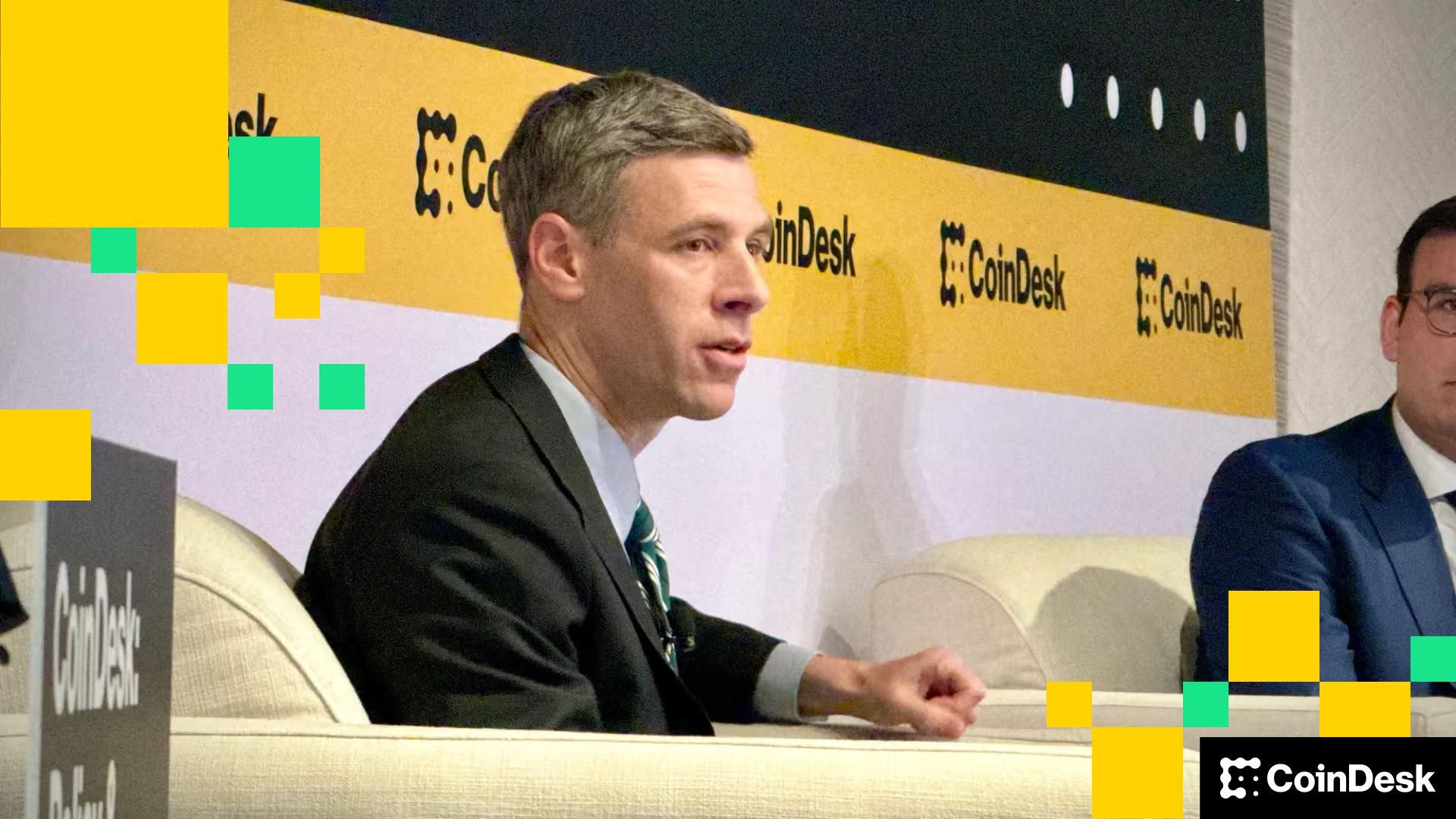
The U.S. Office of the Comptroller of the Currency issued new policy guidance laying out how national banks can hold crypto assets to use for payment of “gas fees” for blockchain networks.
In what is known as “Interpretive Letter No. 1186,” the agency said Tuesday that banks can hold on their balance sheets digital assets that they believe will be reasonably necessary for their operations.
Blockchain networks typically require the use of their own specific token as a fee for transactions, so banks wishing to handle such activity must have the necessary assets on hand. The activity “explicitly permitted under the National Innovation Guidance and Establishment Act for US Stablecoins.” will require banks to pay network fees as agents for customers or as part of their custody operations, the letter said.
The need for banks “to pay network fees to facilitate cryptoasset activities that would otherwise be permitted and to hold, as principal, amounts of cryptoassets on balance sheet necessary to pay network fees for which the bank anticipates a reasonably foreseeable need is permissible for the bank,” the OCC concluded.
U.S. banking regulators, including the Federal Reserve, the Federal Deposit Insurance Corporation, and the broader Treasury Department, are already working on drafting new regulations to regulate stablecoin issuers and activity, based on the new requirements of the GENIUS Act. But those rules are not yet in effect for the law passed earlier this year.
The OCC has reversed years of doubt about allowing regulated banks to engage in digital asset activities with the arrival of President Donald Trump’s pro-cryptocurrency administration. The agency is now led by Trump appointee Jonathan Gould, who was confirmed by the Senate in July.
Read more: What are Ethereum gas fees?



